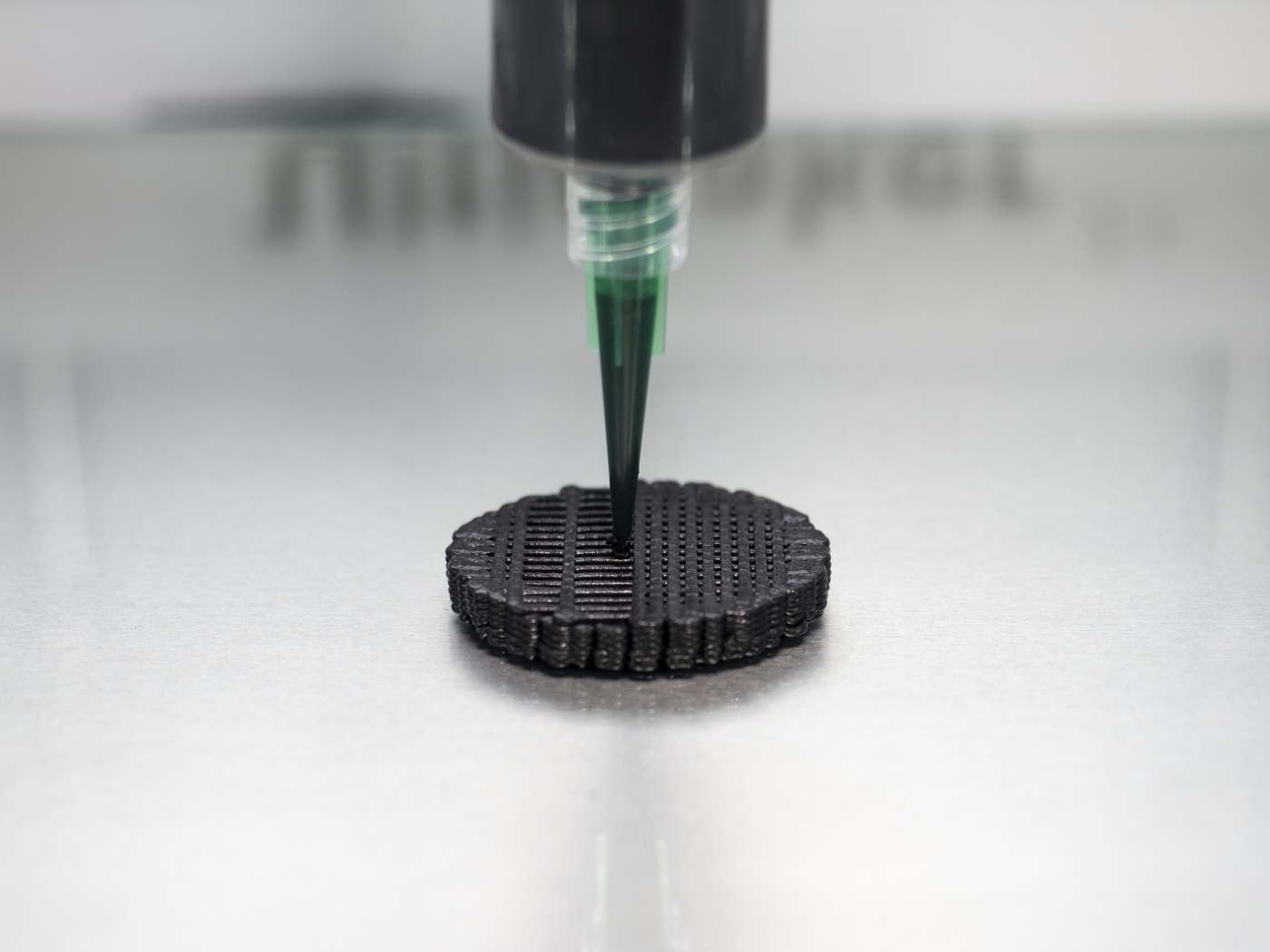
Swiss researchers have invented mushroom-powered batteries

Swiss researchers have built a battery from mushrooms that could power sensors used in agriculture and environmental research.
The living battery does not produce much electricity but it could power sensors in remote regions, for example, as the Swiss Federal Laboratories for Materials Science and Technology (Empa) announced on Thursday. Such sensors are used in agriculture and environmental research.
+Get the most important news from Switzerland in your inbox
Strictly speaking, the mushroom battery is a microbial fuel cell. It uses the metabolism of two different types of fungi to generate electricity. At the anode, the negative pole of the cell, a yeast fungus is fed with sugar. As it processes these nutrients, it releases electrons. On the other side of the cell, a white rot fungus produces an enzyme that captures the electrons and conducts them out of the cell.
The battery is produced using a 3D printer. The mushroom cells are mixed into the printing ink. If the battery is dry, it does not produce any electricity. It is activated by adding water and nutrients.
Biodegradable
The biggest advantage of the mushroom battery is that, unlike conventional batteries, it is not only completely non-toxic, but also biodegradable.
The researchers led by Carolina Reyes presented the battery in a study in the journal ACS Sustainable Chemistry & Engineering. The researchers now want to make the mushroom battery more efficient and durable, as they explained in the Empa press release. They also want to look for other types of mushrooms that are suitable for supplying electricity.
Adapted from German by DeepL/ac
This news story has been written and carefully fact-checked by an external editorial team. At SWI swissinfo.ch we select the most relevant news for an international audience and use automatic translation tools such as DeepL to translate it into English. Providing you with automatically translated news gives us the time to write more in-depth articles.
If you want to know more about how we work, have a look here, if you want to learn more about how we use technology, click here, and if you have feedback on this news story please write to english@swissinfo.ch.

In compliance with the JTI standards
More: SWI swissinfo.ch certified by the Journalism Trust Initiative





























You can find an overview of ongoing debates with our journalists here . Please join us!
If you want to start a conversation about a topic raised in this article or want to report factual errors, email us at english@swissinfo.ch.